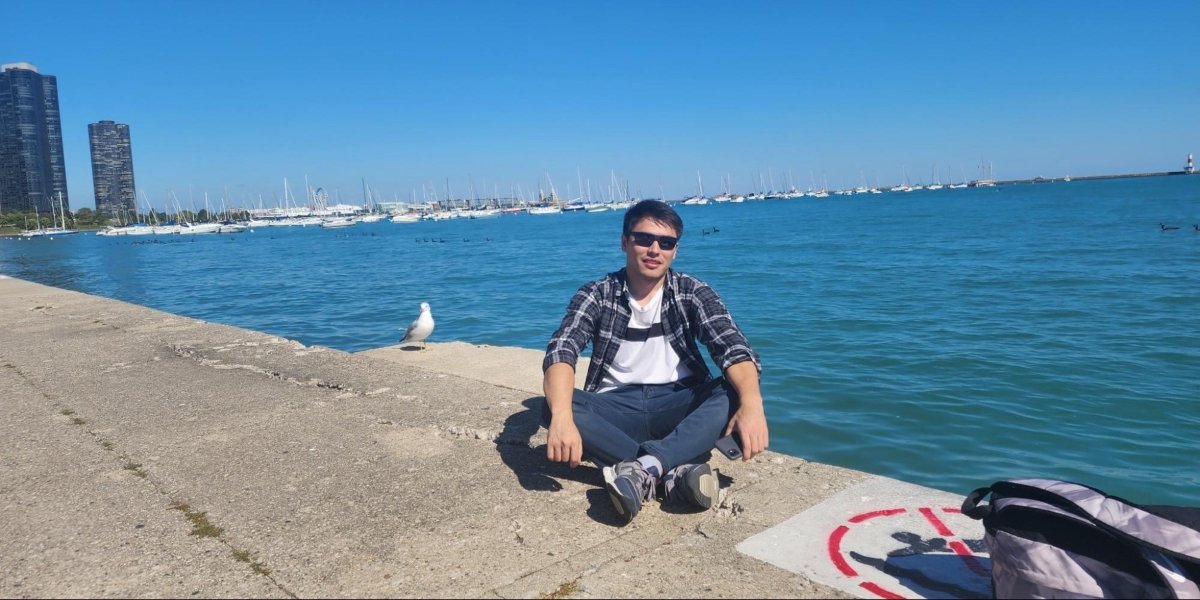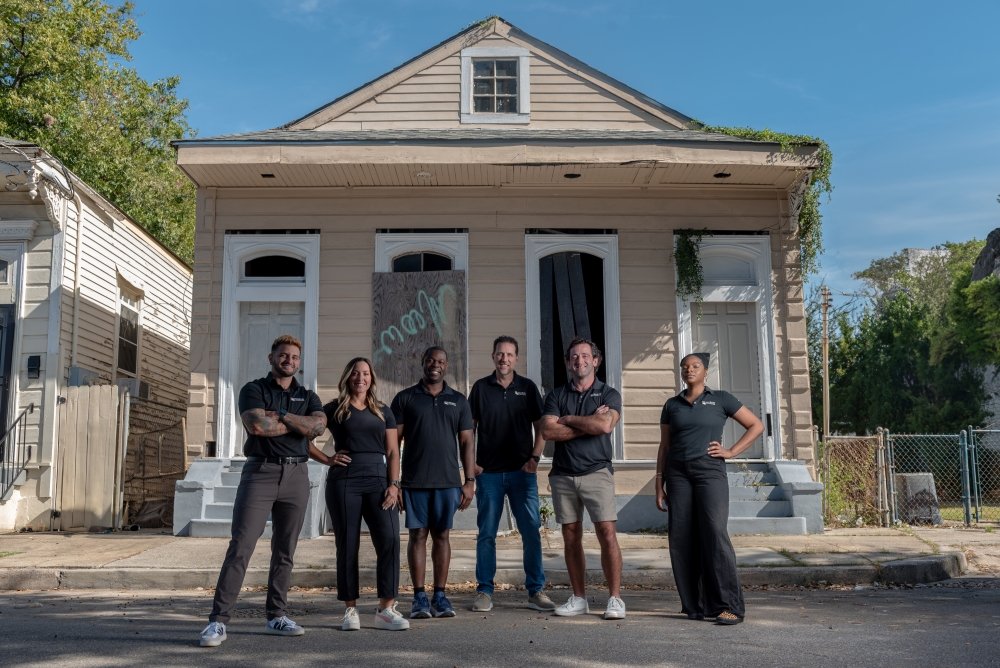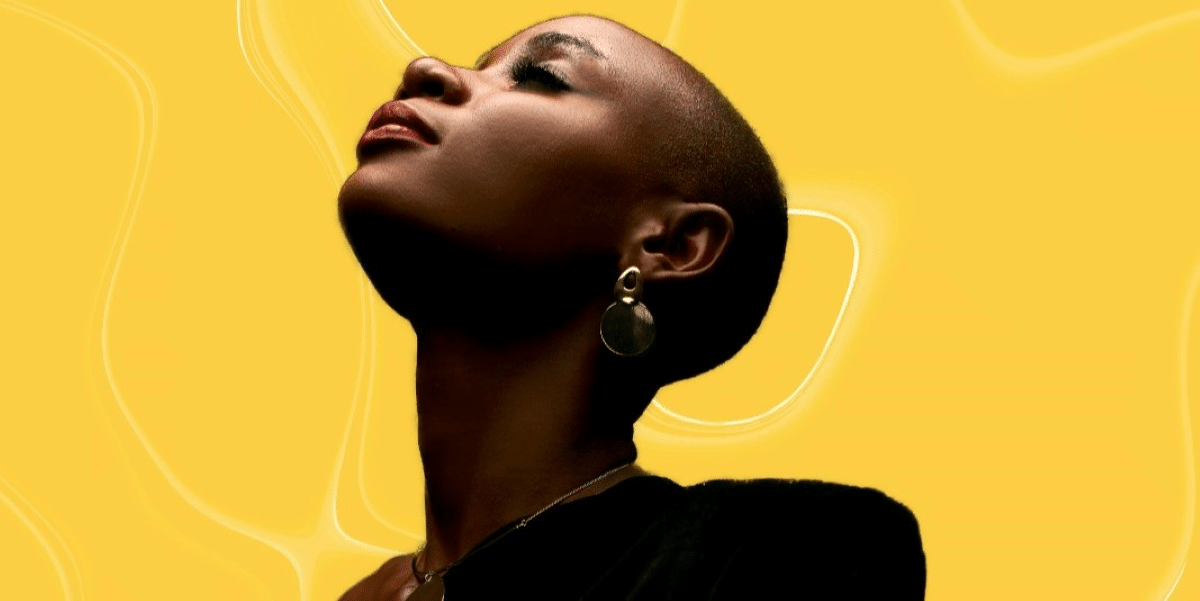In recent decades, coffee has moved far beyond being just a morning ritual or a social drink. Globally, it has grown into a culture of complexity and appreciation, akin to wine, with a thriving economy supporting growers, roasters, and baristas. According to the International Coffee Organization, global coffee consumption reached 178 million bags in 2021, with the specialty coffee market steadily climbing. In this evolving landscape, education has emerged as a vital tool, equipping professionals to meet rising quality and sensory experience expectations. Across Italy, a country long revered for its espresso culture, new training models are taking shape to prepare the next generation of coffee professionals.
This shift in how coffee is understood and taught is evident through programs like Coffee Master, a professional course focusing on advanced knowledge of tasting, pairing, and coffee evaluation. Within this context, Mauro Illiano has developed a profile as one of Italy’s notable figures in formalizing coffee education. His dual role as a faculty member and a member of the scientific committee of Coffee Master places him at the intersection of pedagogy, curriculum development, and cultural advocacy.
Illiano’s work with the Coffee Master program is rooted in a multidisciplinary approach that blends technical expertise with sensorial interpretation. Launched in the early 2020s, the program was established to meet the growing demand for high-level training among coffee professionals. Its curriculum focuses on modules ranging from sensory analysis and brewing techniques to pairing coffee with food and wine. This particularly novel inclusion reflects the increasingly gastronomic nature of coffee appreciation. Drawing from his previous work in sensory journalism and cultural storytelling, Illiano played a central role in designing these components.
While serving on the program’s scientific committee, Illiano shaped its academic structure and ensured its alignment with international quality standards. The program’s pedagogical model emphasizes rigorous practical training backed by theoretical foundations, mirroring frameworks seen in sommelier certification courses. Through lectures, workshops, and structured tastings, participants are taught to assess attributes such as acidity, balance, mouthfeel, and aroma with both precision and contextual insight.
According to ANSA reports and official communications from Coffee Master partners, Illiano’s expertise also supported the integration of a comparative methodology in the tasting curriculum. This method draws parallels between coffee and wine in terms of origin, varietal characteristics, processing techniques, and the impact of terroir. This approach introduces a broader framework of sensorial language and critical thinking for Italian coffee professionals, moving beyond the basic espresso profile long associated with national identity.
Beyond his teaching duties, Illiano has participated in the strategic direction of the program, particularly its outreach and collaborations. Under his direction, the Coffee Master initiative has engaged with various institutions and hospitality organizations, including training centers and culinary schools. These efforts aim not only to elevate the technical skills of baristas and roasters but also to connect coffee culture with broader fields of gastronomy and tourism. His contribution has helped the course increase visibility among Italian coffee associations and artisan roaster networks.
While statistics on the Coffee Master program’s direct impact are still emerging, early indicators show a notable increase in enrollment since 2021, particularly from southern Italy. Interest has also grown internationally, with inquiries and remote participation from coffee professionals in Spain, Germany, and even parts of Latin America. According to internal data released by program administrators in 2023, approximately 300 professionals have completed the course, with many citing the curriculum’s emphasis on sensory pairing as a unique and valuable feature.
Illiano’s public commentary on coffee education has also reached broader audiences. In interviews and speaking engagements, he has frequently underlined the need for Italy to renew its engagement with quality-centered coffee practices. Rather than relying on tradition alone, Illiano argues for education that reflects current realities in sourcing, sustainability, and consumer preferences. His work in the classroom often includes discussions on traceability, ethical sourcing, and climate-related challenges facing coffee producers, bringing critical global issues into the Italian professional dialogue.
The program has begun publishing annual reports and tasting guides, allowing participants to contribute to ongoing research and documentation. Illiano has overseen some of these editorial initiatives, helping bridge the gap between professional training and public education. This editorial work complements his broader role as a cultural communicator, integrating sensorial literacy into journalistic and academic frameworks.
In parallel with his role at Coffee Master, Illiano continues to engage with the Italian and international coffee community through conferences and panel discussions. While not promotional, these appearances reflect his positioning as a subject-matter expert within institutional and educational settings. His ongoing work aims to frame coffee education not as a niche discipline but as part of a larger cultural and economic system that requires both technical competence and narrative sophistication.
Although the Coffee Master program remains relatively young, its model has already begun influencing other educational initiatives in the Italian coffee sector. The inclusion of sensory pairing, cultural study, and interdisciplinary thought appears to be setting a new standard in the education of coffee professionals. Illiano’s part in this change mirrors a broader movement: the growing expectation that coffee professionals learn to be technically proficient in their work and be familiar with the cultural and environmental histories that go into each cup.
As the Coffee Master program develops, future partnerships with universities, culinary schools, and international institutions can be anticipated. Illiano’s continued participation, particularly in writing new modules and enhancing the research activity of the program, is likely to be a large part of its development. With the Italian coffee sector developing increasingly toward education and innovation, the foundation laid by this venture, and by names such as Illiano, will assist in shaping the standards and level of coffee professionalism of the future.
Mauro Illiano’s work within the Coffee Master program most accurately characterizes the incorporation of sensory abilities, cultural sensitivity, and structured pedagogy. His work has helped create a model of pedagogy with an emphasis on evolving needs of the global coffee industry while providing links back to Italy’s strong heritage of coffee culture. Through curriculum development, instruction, and strategy advisement, Illiano has helped facilitate a new generation of Italian coffee education founded in tradition and adaptation.








